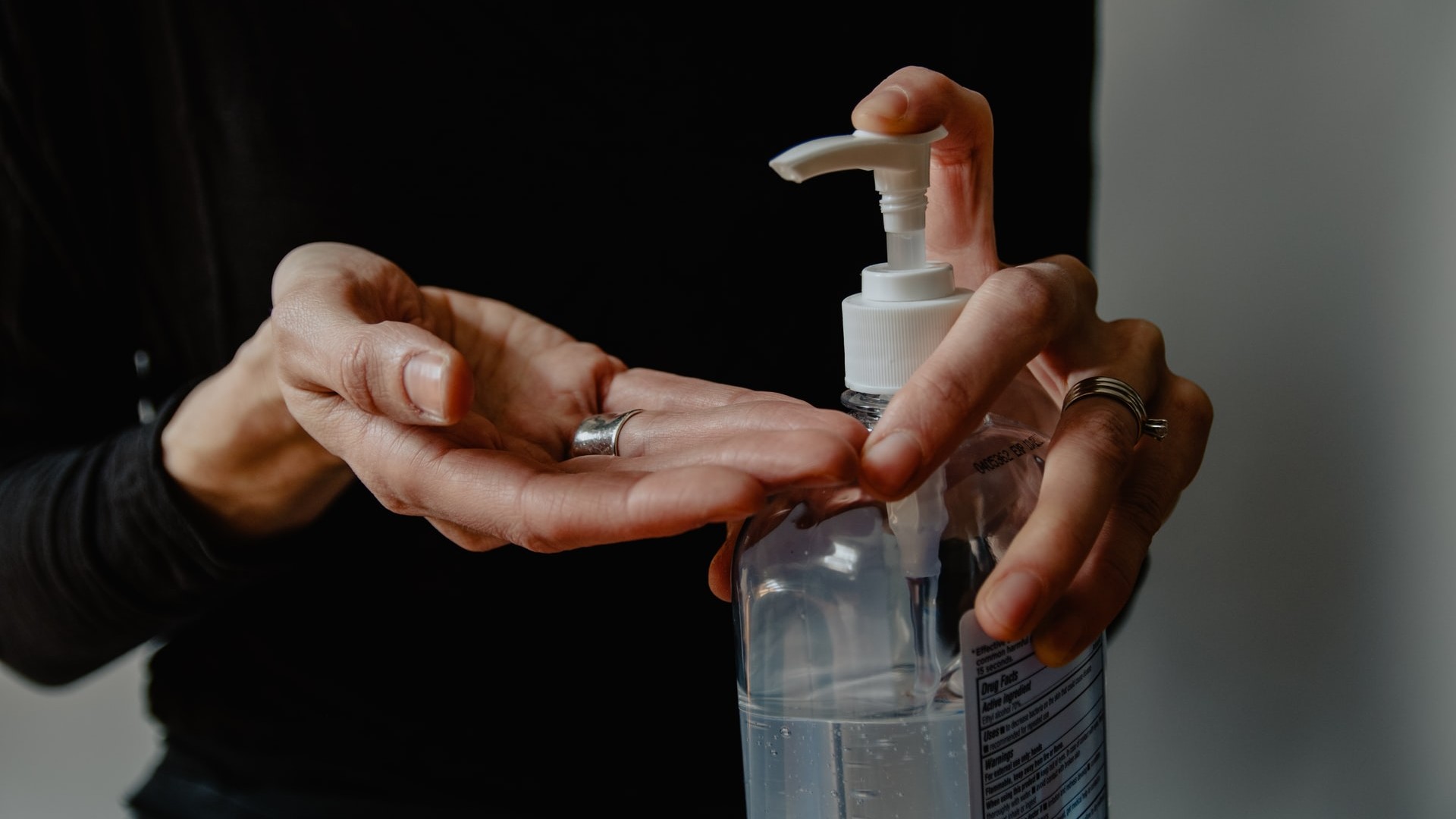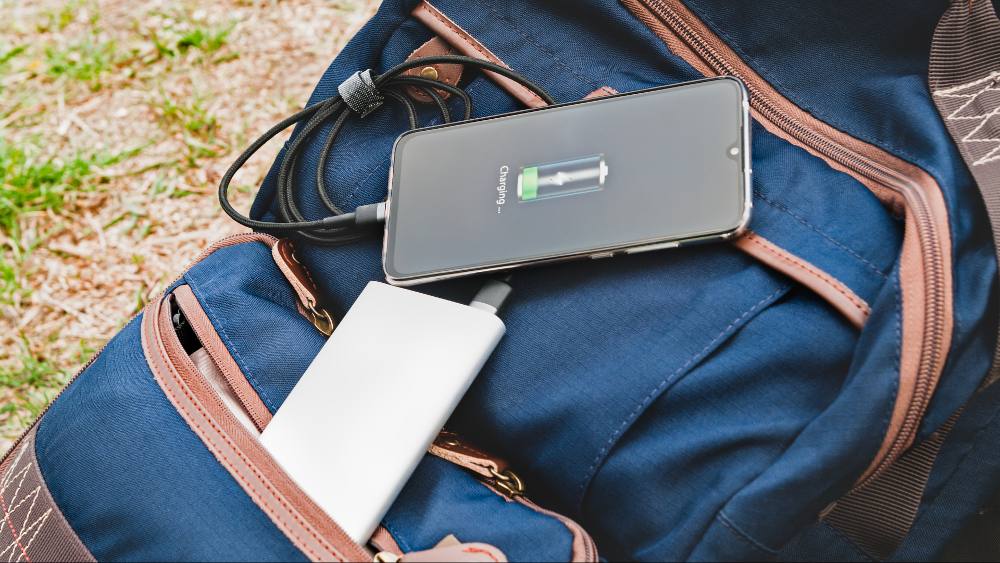7 Signs Your Hand Sanitiser Isn't Really Effective
Although nothing beats soap and water to keep your hands clean, hand sanitisers are the next best thing when you’re on the go. Hand sanitisers have been proven to deactivate most germs, while also reducing the number and type of microbes.
But take note of these important points to make sure your hand sanitiser is really up to the mark and not a gimmick:
1. Is it past its expiry date?
Even hygiene products have expiration dates for how effective a product is. What causes hand sanitiser to expire? Good hand sanitisers are made from alcohol, which naturally evaporates over time, thus reducing the hand sanitiser’s potency and effectiveness at removing germs.
2. It’s pointless if it’s essential oils-based instead of alcohol-based
While essential oils might seem less toxic and better-smelling, alcohol is able to kill most germs, so your hand sanitiser must be alcohol-based rather than essential oils-based. But this isn’t a case of the more the alcohol, the better it is either, as pure alcohol is not optimum for killing and denaturing germs. Alcohol-based hand sanitisers should contain a minimum of 60% and a maximum of 85% of alcohol to be able to break down a microorganism's protective shell most effectively.
3. Ethanol yes, methanol no
Acceptable alcohol used in hand sanitisers includes varieties like a good grade of ethanol or isopropyl alcohol. However, if the ingredient list contains methanol, steer clear of it. Methanol is a serious, toxic alcohol that can be very dangerous when ingested or used on skin in significant amounts, hence should not be used at any time.
4. Your hands are way too dirty
Hand sanitiser provides a quick and efficient alternative when we can’t get our hands on regular soap and water but they aren’t useful in every situation. Hand sanitisers need direct contact with microbes, so they aren’t effective if your hands are caked in grime or grease, as the layer of dirt prevents the alcohol from reaching the germs.
5. Alcohol evaporates in hot weather
It’s no secret that heat causes alcohol to evaporate, so instead of leaving it in a hot car, make sure you hand sanitiser is in a room temperature or cooler environment. If the alcohol is not present in the hand sanitiser, it loses its potency and won’t be effective against killing germs and microbes.
6. You’re using too little of it
Sometimes rubbing just a small amount of hand sanitiser onto palms is not enough. It’s important to apply it liberally all over your hands on both sides and between fingers for at least 20 seconds or until hands feel dry.
7. Choose gel or liquid aerosol sanitisers
Some hand sanitisers can be very runny, but using thicker gel-based ones are better since they won’t run off your hands too quickly, and you have to rub them in. Better yet, get hand sanitisers that also include extra ingredients like aloe and vitamin E or other moisturising ingredients like glycerine to help reduce the dried out feeling on hands after regular use.
For the latest updates on Wonderwall.sg, be sure to follow us on Facebook and Instagram. If you have a story idea for us, email us at [email protected].








/driving_into_malaysia_rectangle.jpg?sfvrsn=5e3330ea_1)


